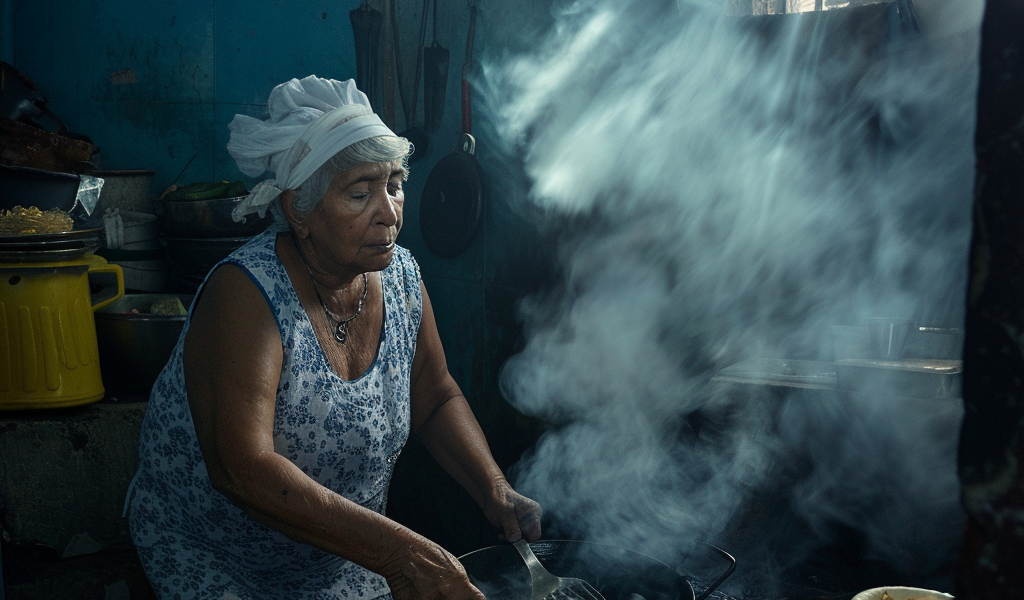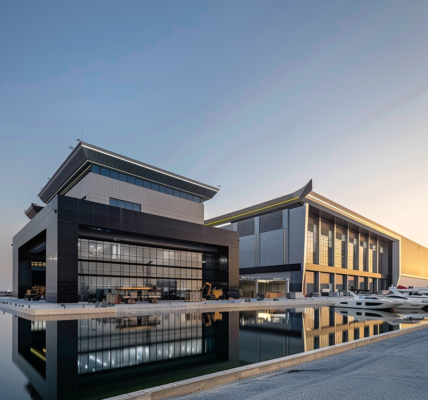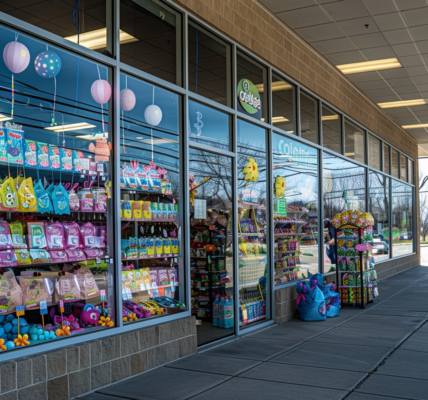As Venezuela approaches its presidential election on July 28, the nation is grappling with a significant challenge: its declining natural gas production. Despite sitting atop the world’s eighth-largest natural gas reserves, Venezuela has seen a dramatic decrease in output, falling from nearly 8 billion cubic feet per day (bcfd) in 2016 to just 4 bcfd this year, according to data from Gas Energy Latin America.
The ramifications of this decline are being felt across the country, particularly in urban areas where residents are increasingly relying on makeshift solutions for cooking and heating. In Maracay, located about 120 kilometers from Caracas, Griselda Ascanio, a 44-year-old administrator, has resorted to using a wood-burning stove in her backyard due to frequent interruptions in gas supply. “We cannot just cry about it,” Ascanio remarked, highlighting the resilience of Venezuelans as they adapt to the ongoing crisis.
Venezuela’s natural gas dilemma is not merely an internal issue; it also poses a broader challenge for neighboring countries that depend on its gas supply. A revival in production could not only stabilize domestic availability but also alleviate shortages in the region while generating much-needed foreign currency revenue for the beleaguered economy.
The upcoming election adds urgency to the situation. The winner will inherit the responsibility of revitalizing the gas sector, which has been hampered by a combination of unpaid debts to foreign companies, U.S. sanctions, and the substantial investments required for infrastructure improvements.
President Nicolas Maduro’s administration has attempted to attract foreign investment by offering gas projects to international firms. However, the long-standing debts and sanctions have created an environment of uncertainty, making it difficult for progress to be made. Analysts suggest that significant investment will be necessary to reverse the trend of declining production.
On the other side of the political spectrum, the main opposition coalition has proposed a radical approach to the gas crisis. Edmundo Gonzalez, representing the coalition, has called for an expansion of the private sector’s role in the gas industry and a restructuring of the country’s staggering $150 billion debt. Experts warn that such changes would be complex and could take years to implement.
According to Antero Alvarado, managing partner of Gas Energy Latin America, the current climate makes it unlikely that large-scale gas production will resume in Venezuela anytime soon. Instead, he notes that there is immediate interest in developing small-scale midstream projects, which include the construction of pipelines and systems to better capture and distribute gas.
The ongoing struggles in Venezuela’s gas sector have led to frequent shortages of this essential fuel, affecting not only households but also industries and businesses that rely on a stable energy supply. As the election approaches, the future of Venezuela’s natural gas production hangs in the balance, with potential implications for both domestic stability and regional energy security.
In the face of these challenges, Venezuelans continue to innovate and adapt. As Griselda Ascanio illustrates, the spirit of resilience remains strong, even as the nation confronts its pressing energy crisis. The next government will need to navigate a complex landscape of economic challenges and geopolitical pressures to restore Venezuela’s position as a significant player in the global energy market.





